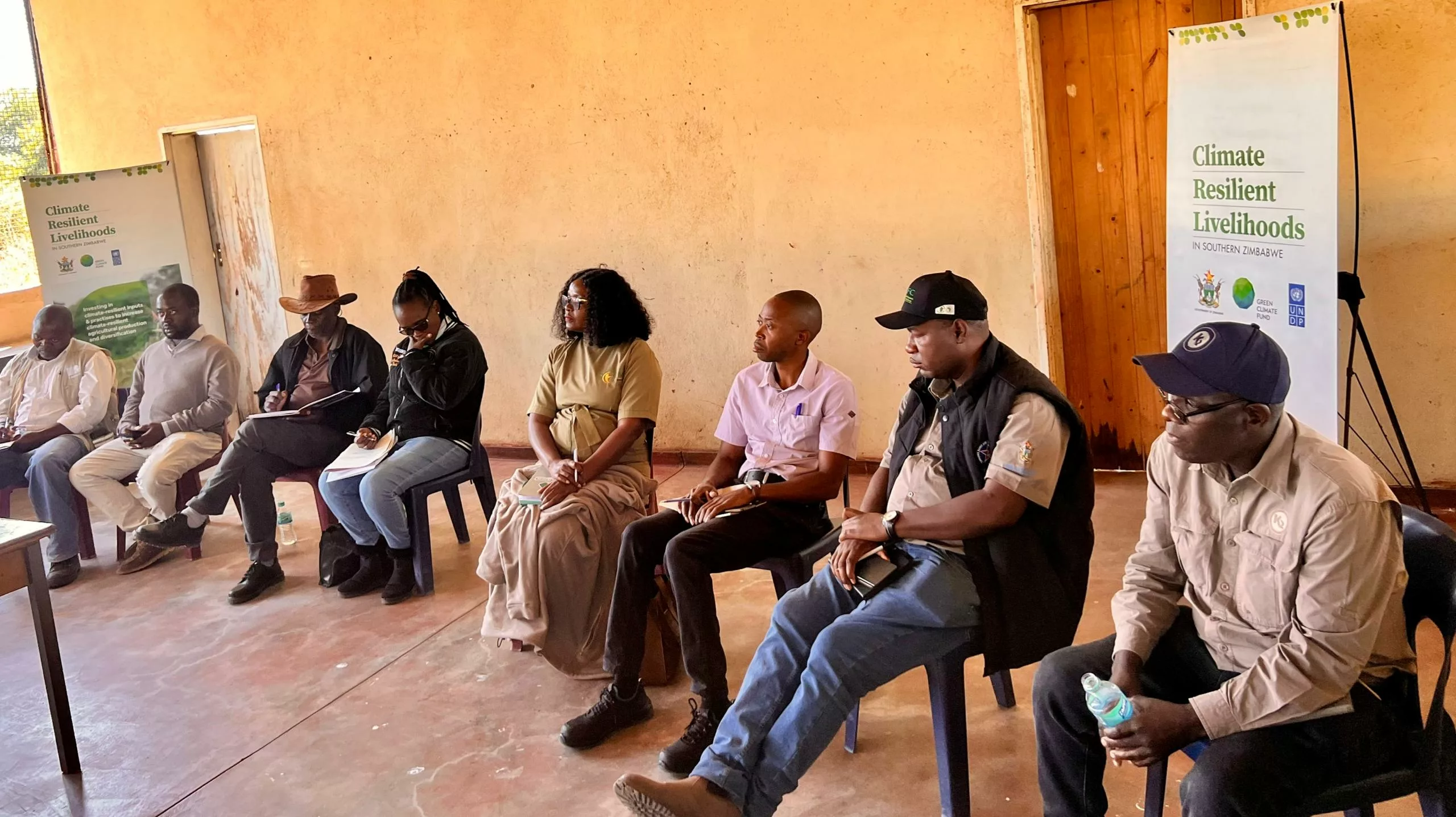As the rains continue to soak the country, farmers are busy cultivating their crops and in urban areas, most of the crops take up available open spaces.
Urban farming has always been a large part of the city. Residents, in the high density suburbs take advantage of undeveloped land – whether it is land kept aside for service delivery or because it is not favorable for construction. Some of the land, however, has been left for expansion of residential areas.
Traditionally land is inherited for growing from those who settled earlier on. It is passed on within families until the Council decides to develop it or sells it to other developers. This has been the case with Glenview 7 Extension, Southley Park and Zimre Park.
In some cases however latecomers just find open spaces in residential areas to cultivate their crops. They sometimes take areas on stream banks. This is in violation of the city’s bylaws that forbids residents to farm on wetlands and stream banks. It is also forbidden to plant crops on road verges as it puts pedestrians’ lives at risk and can disturb the flow of traffic.
The violation of bylaws has seen CoH destroying crops in undesignated sites
However, cultivation on stream banks still continues even with threats of crops being destroyed. To avoid flooding of their plants, farmers cultivate on ridges, destabilizing water flow while contaminating rivers with chemicals used for farming. The Mukuvisi River is one such victim of the practices with maize, vegetables and sugarcane being the plants of choice.
One farmer from Mabvuku said she has been cultivating her crops on the Mukuvisi catchment for more than five years. “My harvest has been good enough to sustain my family for the whole year without buying supplementary maize meal,” she said. She used to farm near her home area but her land was take over for construction. “On the banks of Mukuvisi I’m at an advantage because my land is always wet even in the dry season so I can farm different crops on rotation around the year,” she explained.
When asked if she is aware of the environmental implications of stream bank cultivation she said, “As long as my family is well fed I don’t care about those implications, just as much as those on top don’t care about how I’m surviving in these tough economic times.”
Takemore Muturikwa, an environmentalist with special interests in urban development says, “People need to strike a balance between economic benefits and nature preservation thus as much as farming is important in ensuring food security it is only fair to engage in practices that ensure the sustainability of our environment.” He said residents should take it upon themselves to make sure those who come after them will see a beautiful Harare better than they currently.
Muturikwa said, “As much as there are laws to protect our environment, the enforcement is not that well-funded. Having this in mind, every resident who prides themselves as Hararians should have a self-conviction in regard to nature conservation.”
The threat to environment remains the main disadvantage of urban farming while the practice ensures food security to low income households. Farmers cultivate different crops among them sweet potatoes, pumpkins, butternuts and sugar beans. It should however be noted that not all farmers engage in ill-practices but just a handful who have caused untold damage to nature






